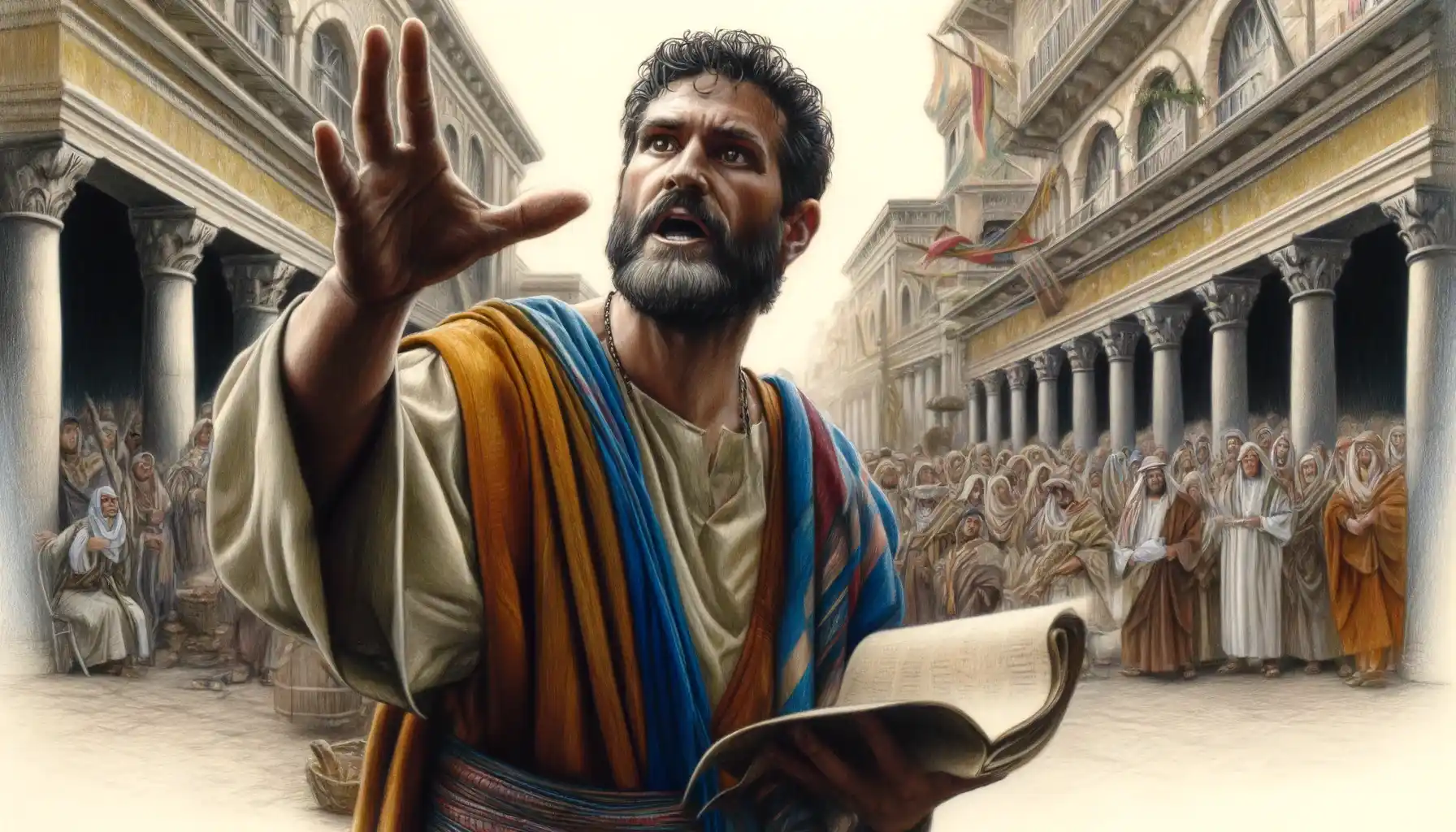Judas Iscariot, one of the Twelve Apostles, is notoriously known for betraying Jesus Christ to the Roman authorities for thirty pieces of silver, an act marked by the infamous “kiss of Judas” in the Garden of Gethsemane, leading to profound consequences including his own remorse and subsequent suicide, embodying themes of betrayal and human failing within the Christian narrative.
Simon the Zealot, one of the Twelve Apostles, is noted for his background as a possible member of the Jewish political movement opposing Roman rule, indicating a fervent zeal that he redirected towards spreading Jesus’ teachings after the Resurrection, embarking on missionary journeys to Egypt and Persia and ultimately being martyred, a testament to his deep commitment to the Christian faith and his diverse background enriching the early Christian community.
Thaddaeus, also known as Judas son of James, is a less prominent but significant apostle in the New Testament, distinguished from Judas Iscariot and known for his questioning of Jesus about His revelations, extensive missionary journeys across regions including Judea, Samaria, and Syria.
James the Less, one of the Twelve Apostles of Jesus Christ and traditionally identified as the son of Alphaeus, is known for his humility and lesser prominence compared to James the Greater, likely referred to as “the Less” due to his younger age or smaller stature.
Matthew, also known as Levi, was originally a tax collector before heeding Jesus’s call to “Follow me,” leading to his immediate departure from his previous life and his transformation into one of the Twelve Apostles, demonstrating the inclusive nature of Jesus’s ministry. Traditionally credited as the author of the first Gospel, Matthew’s writings are characterized by their structured thematic approach and emphasis on Jesus as the fulfillment of Old Testament prophecies, aimed at a Jewish Christian audience. His Gospel, which includes detailed teachings such as the Sermon on the Mount, highlights themes like righteousness, the kingdom of heaven, and the universality of Jesus’s message, resonating with both Jews and Gentiles. Venerated as a saint, Matthew’s legacy extends to being the patron of accountants, bankers, and tax collectors, with his life story embodying profound themes of conversion, discipleship, and the transformative power of divine grace.





